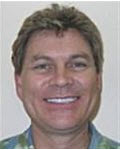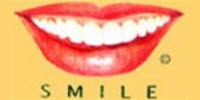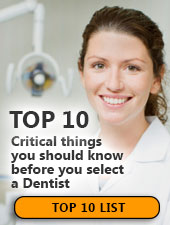Call (925) 820-6623
Oral Health and Early Disease Detection
Most of your dentist's patients enjoy robust health, and he or she is thankful for that. In fact, if you are faithful about your "recall" appointments (regular check-ups) he or she probably sees you more often than your physician does. That means much more to him or her than finding a small cavity, or more than a chance to catch up on your comings and goings between visits.
As your primary dental health care provider, your dentist has a singular and weighty responsibility: early detection of disease. When he or she sizes up the health of your gums, tongue, neck, jaw, the mental check-list is long, he or she looks and feels. He or she "invisibly" observes your general health, head, skin, glands, sinuses (and teeth, of course).
What is your dentist looking for? Simply put, anything wrong. Among them: dry mouth, bacterial infections, any lesions on the mucous membranes, gum color and texture, soreness or ulcerations, you get the idea. It's important for you to share with your dentist any general health problems you may have noticed or changes in medications. He or she needs the whole picture.
Practicing preventive dentistry is very important. There are more than 200 known diseases of the oral cavity. Your dentist is on the look-out for all of them. Not only can an oral problem signal local trouble, but it may indicate something systemic, something throughout your body.
For this reason, your six-month recall visit may be the most important exam you have all year. If a cavity is found, that can be fixed. If evidence of something more serious is found, then you benefit from the advantage of early detection.
Your dentist and dental hygienist want all of their patients to take these exams seriously. A cavity or canker sore, after all, is one thing. Your whole health, quite another.
Call for an appointment:
(925) 820-6623
Make an Appointment
Don't Forget to Floss!
Clean between teeth daily with floss or an interdental cleaner. Decay-causing bacteria can hid between teeth where toothbrush bristles can't reach. Flossing helps remove plaque and food particles from between teeth and under the gum line.
Visit Our Office Regularly!
Take good care of your smile. Remember to visit the dentist regularly for professional cleanings and oral exams.
Mouthwash Is Important, Too!
Brushing and flossing may not be enough. The ADA now recommends using an antimicrobial mouthwash to reduce plaque and prevent gingivitis.



